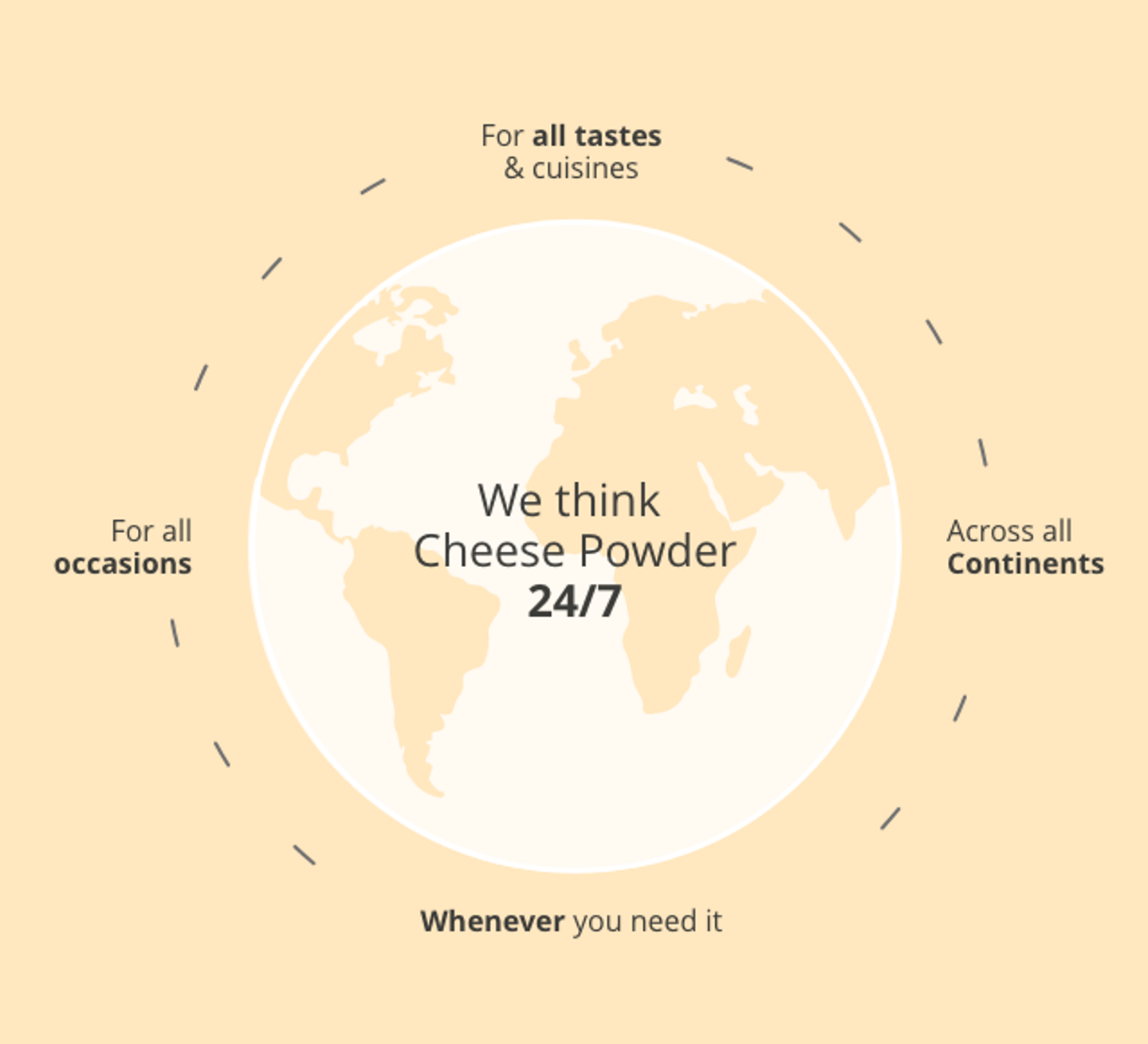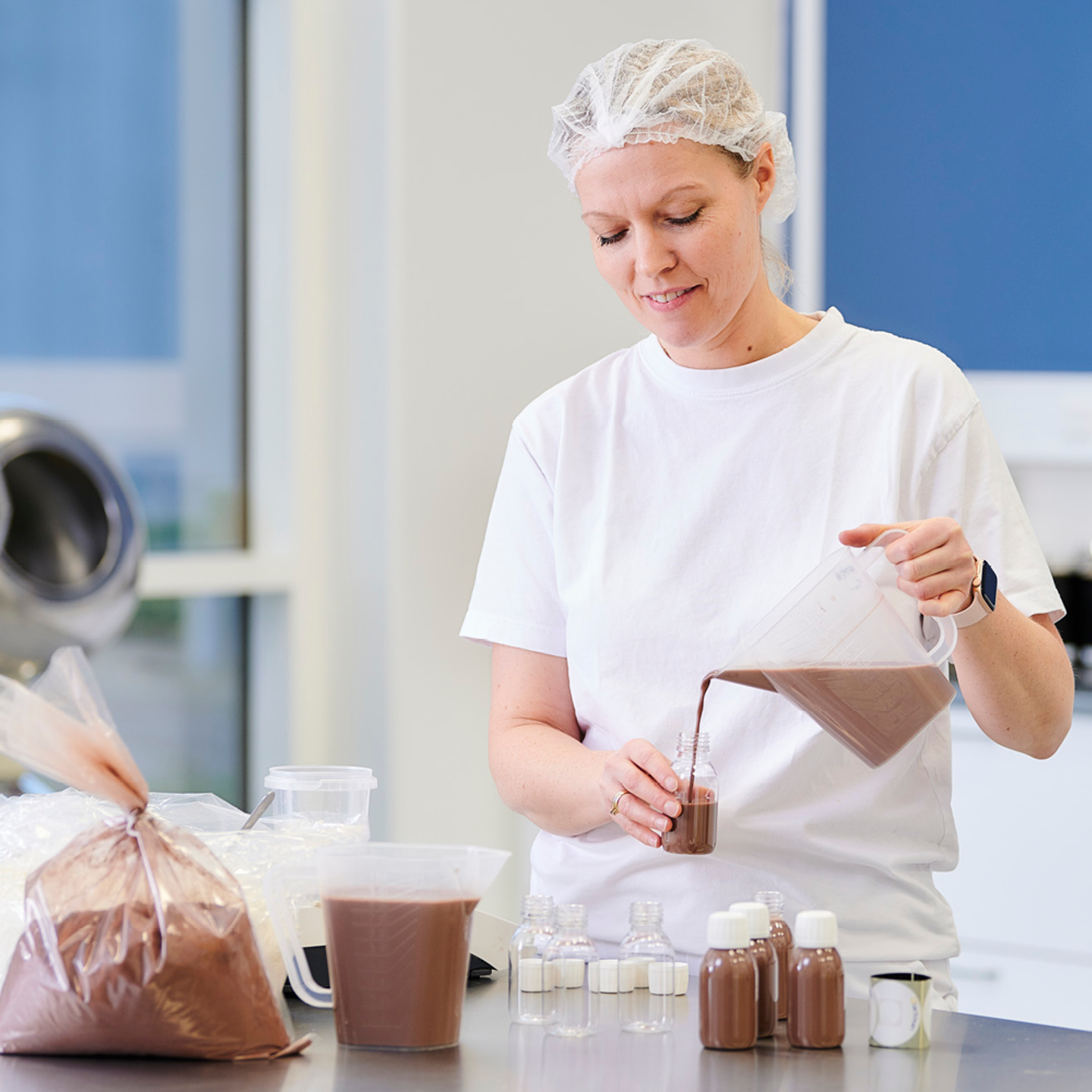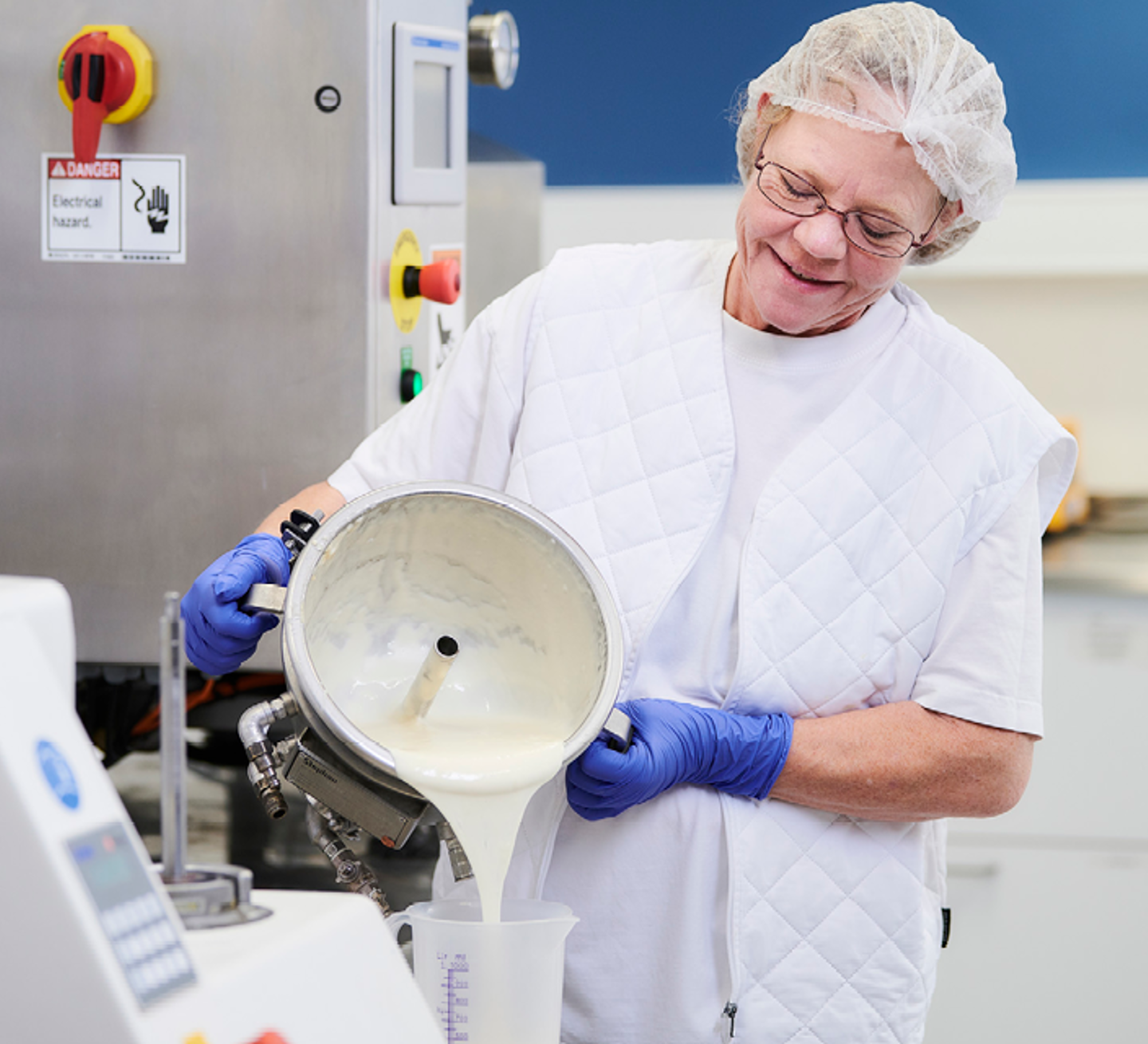A new study at the University of Copenhagen published in the July 2015 issue of The Journal of Nutrition, shows that matured Cheese is healthier than young Cheese.
This is good news to all lovers of well-matured cheeses. It seems that a 24-month-ripened Cheddar is significantly healthier than a young Cheddar. And there is a good reason to believe that this also goes for other cheese types. During the study, 36 pigs were fed a diet rich in cheese with 4-month-ripened Cheddar, 14-month-ripened Cheddar or 24-month-ripened Cheddar to investigate how it affected their bodies. The pigs had a diet composed of an ordinary Danish diet apart from all fat deriving from cheese.
Cheddar was chosen because it is one of the most popular cheeses in the world. The differences were telling. The pigs eating long-matured cheese had 30% lower insulin level in their blood. Insulin contributes to blood sugar regulation. Too high levels of blood sugar may cause the development of metabolic syndrome and later type 2 diabetes. The pigs had also a 34% lower level of free fatty acids in their blood. A high level of free fatty acids is stated at overweight and type 2 diabetes.
The next step is to examine whether the intake of long-matured cheese has the same effect on human beings. The cheese researchers at the University of Copenhagen take an interest in the degree of ripeness because this is one of the hypotheses for why cheese in a number of tests has shown not to have the negative effects which you traditionally expect from saturated fat – eg bad cholesterol counts. Cheese – and yogurt too – differs from butter, inter alia, by being fermented ie partly decomposed and consequently changed bacterial cultures. Old cheese is more degraded than young cheese. Therefore, researchers would like to examine whether the degree of ripeness has an influence on the body.
The bacteria of Cheddar decompose especially the cheese proteins. In other cheeses, eg Camembert, the bacterial cultures decompose the milk fat. In this respect, a previous French study carried out on mice showed that matured Camembert has a better effect on the body than young Camembert. The positive effects were however other than described with regard to Cheddar, eg less fat in the liver than after the intake of young Camembert. This indicates that there may be distinct differences whether a given cheese is healthier than another cheese and in which way.
(Source: Website news of Politiken (Danish newspaper) dated 23.05.2015)



































Launch new products with confidence
Only Lactosan offers the right combination of global knowledge and support you need to bring new ideas to the table.